It’s time to accept that digitalisation is changing laboratory work, and embrace the opportunity
Elsewhere in this issue, you’ll find discussions of the scientific and technical aspects of laboratory automation and artificial intelligence. I’m going to come at this from a different direction, one that I think is both important and often neglected: the psychological effects of these advances.
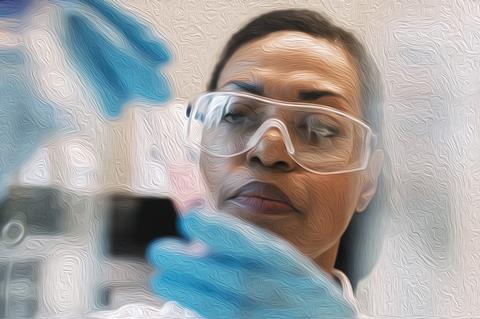
Those effects are real. For many people, their chosen work is a significant part of their self-image. And we have a reasonably clear picture of what that work is – its usual duties, its challenges, its scope. That’s where things could become interesting and difficult, because the capabilities of modern software and hardware are starting (as they are in other fields) to trespass into the areas that we have long regarded as ‘what (only) people do’.
If your sense of self-worth depends on your ability to look at a new molecule and come up with a useful synthetic route to it, you may find yourself uncomfortably crowded in that role
That’s been going on slowly for years: Mechanical help has crept into chemistry lab work over decades, generally to the relief of chemists who had no desire to stay up all night changing NMR samples or collecting chromatography fractions. But now this encroachment is taking some unexpected forms. No one really felt threatened by an autosampler or a structure-drawing program, but what about when other software is suggesting what compounds to make next and how best to make them? The day is not so far off when such suggestions have a better chance of being right than we do. What then?
If (for example) your sense of self-worth as an organic chemist depends at least partly on your ability to look at a new molecule and come up with a useful synthetic route to it, I think that you will eventually find yourself uncomfortably crowded in that role. Crowded by an assistant that has read the entire synthetic literature, never forgotten a single page of it, and keeps up with all the new developments while you are engaged in non-machine-like tasks such as sleeping or eating. To be sure, we humans still have some advantages in this line, not least a better ability to realise which papers we should ignore (and there are many). But the software will get there – we’re helping it to get there right now.
I don’t think AI and automation will replace chemists, but rather that the human chemists who use them well will replace the ones who don’t
Past that, any scientist worth their salary knows the feeling of coming up with a new idea, a plan for a good experiment, an explanation that could clear up some longstanding puzzle, an unexpected way around a roadblock in a project, a correlation or pattern that no one else has noticed yet. We live for these moments. But what happens when lines of code and robot arms start to get to them first? That’s not quite happening yet, but there seems to be no good reason why it can’t, which means that there is probably no good reason why it won’t.
I think it’s going to hit some people hard. I remember hearing stories of older chemists who did structure determination the classical way, by chemical reaction and degradation, and who retired when they saw how then-new instrumental techniques like NMR could plough through some of these problems in newer and faster ways that just had no fun in them anymore. Gutenberg’s moveable type turned hand lettering from a necessity into a hobby, in the same way that photography largely changed artistic portraiture from being the only way that anyone’s face could be seen by future generations into just an expensive whim.
What I say in my presentations about AI is that with its help it will allow us to work on harder, higher-level problems. Implicit there is the idea that it will force us to do that, because so many of the lower problems will already be dealt with by the machines. We’re going to miss some of those, in the same way that an earlier generation missed proof-of-structure degradation problems after that work became obsolete. I also say that I don’t think it’s true that AI and automation will replace chemists, but rather that the human chemists who use them well will replace the ones who don’t. What’s implicit there is the advice that you should be ready to use these tools and be ready to take up the problems that they still can’t solve. And that will be easier if you’ve already come to terms with the changes that they’ll bring. Prepare yourselves!

Topics
- Agrochemical industry
- Artificial intelligence
- automation
- Business
- Computational
- Culture and people
- Fine and speciality chemicals
- In the pipeline
- Industrial chemistry
- Industry
- lab automated research
- Machine learning
- Organic chemistry
- Petrochemical industry
- Pharmaceutical industry
- Physical chemistry
- psychology
- Working life
How will AI and automation change chemistry?
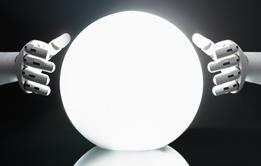
It’s going to change our lives. But it’s not clear in what ways
- 1
- 2
- 3
- 4
- 5
- 6
- 7
 Currently
reading
Currently
reading
The psychology of our future with AI
- 9





















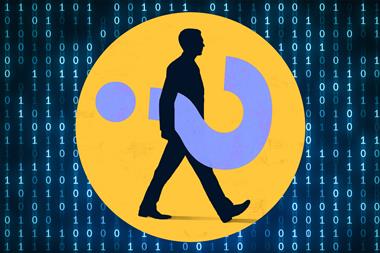
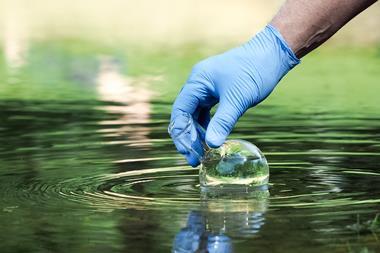
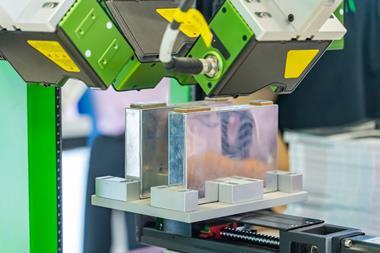
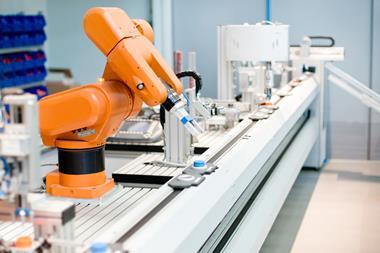
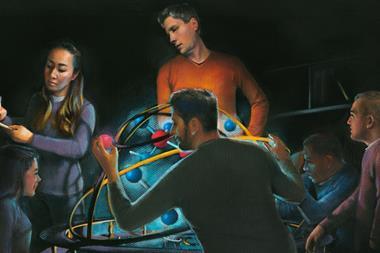
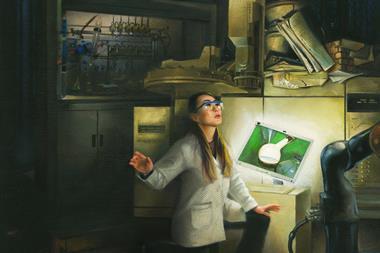






No comments yet